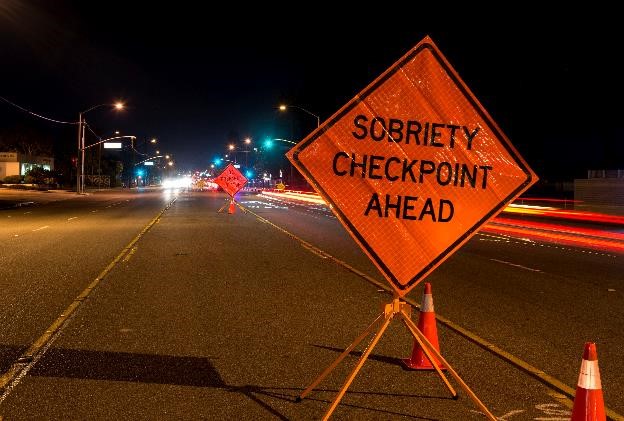 1. You lose your license once you’re arrested
1. You lose your license once you’re arrested
That’s right, the arresting officer will take away your driver’s license and unless you can show that there’s no basis for the suspension or revocation, the DMV will retain the license until you have completed the DUI administrative and criminal proceedings at which point, your driver license will be returned after you pay a $125 reissue fee ($100 if under 21).
2. You have to deal with two separate legal proceedings
As you expect, you will face a court hearing but what you may not expect is there is also an administrative hearing at the DMV. Once the officer takes away your license (see above), you have ten days to request an administrative hearing at the DMV. Don’t count on a reversal of the suspension as very few drivers succeed at this hearing. The DMV suspension or revocation is an immediate administrative action taken against your driving privilege only — that is, it only deals with your license and driving privileges. This is called Administrative Per Se (APS). Any sanctions imposed by DMV under APS are independent of any court-imposed jail sentence, fine, or other criminal penalty imposed when a person is convicted for driving under the influence (DUI).
3. Your DUI is public knowledge and you will receive solicitations from attorneys
Attorneys, bail bonds people, and others involved in the DUI legal circus can easily obtain the address you furnished to the arresting officer and they will likely bombard that mailing address with information about their services.
4. DUI classes are mandatory and you must pay for them, too!
No matter whether your charge is lowered to a “wet reckless” or you are characterized as a first offender, or have a Breath Alcohol Content (BAC) over .2, you will have to take a DUI education program and you will have to pay for it which may cost $1,000 or more. For example, a wet-reckless conviction requires a 12-hour DUI education program; a first offender must pay for a 30-hour program and if you blow over 0.20, you must take 60 hours of classes over nine months.
5. There are two types of license suspensions
There are two types of license suspensions — “hard” suspensions and “restricted” license suspensions. Assuming you did not prevail at your DMV hearing (see above), there will be a thirty-day “hard” suspension of your license (no driving at all). The 30-day period commences the day of the DMV suspension. After the 30 day hard suspensions, you may seek a restricted license by applying at he DMV provided that you file an SR-22 insurance form, and enroll into the First Conviction Program (must be the 3-month program), and the restricted license allows you to drive only to drive to and from work and to and from DUI educational classes.